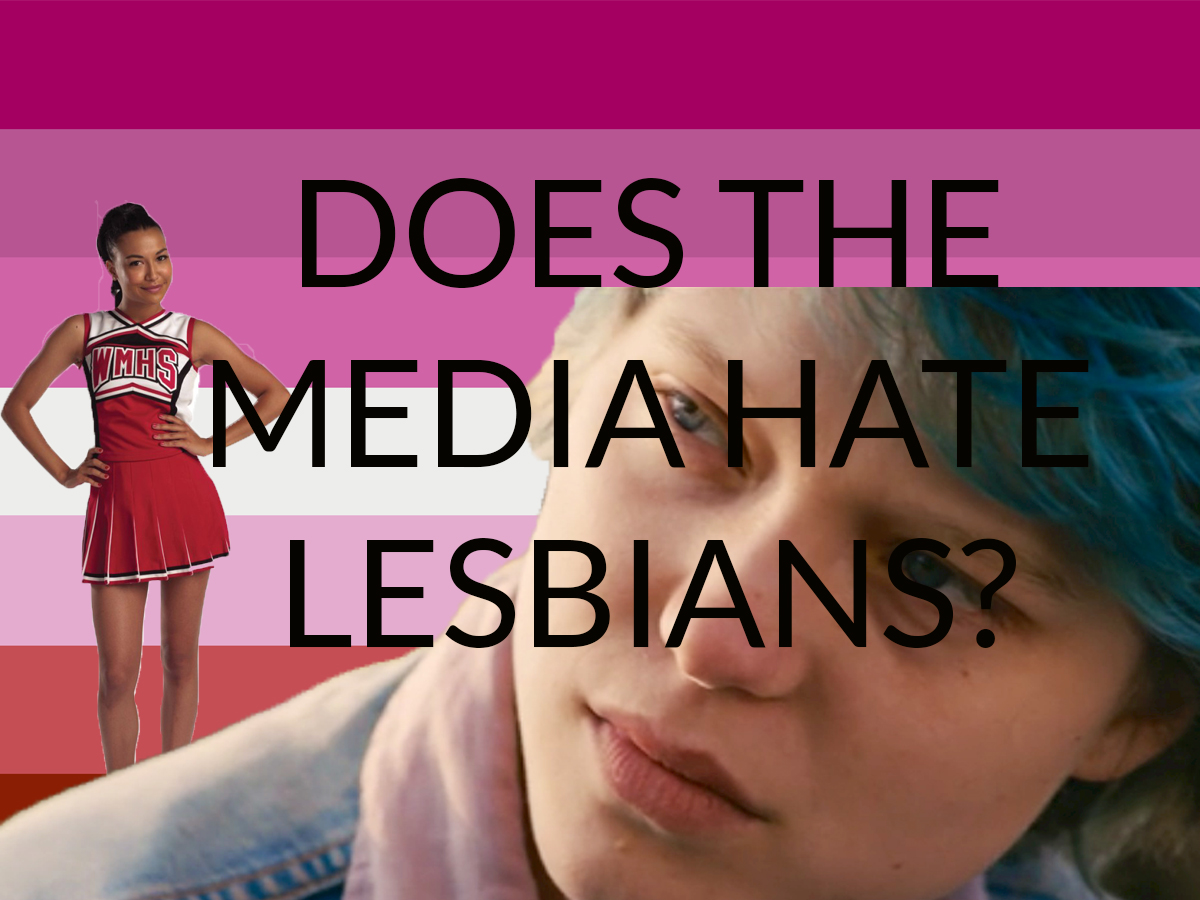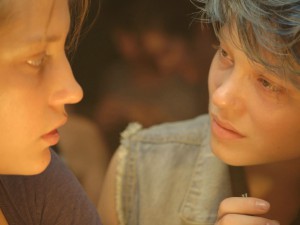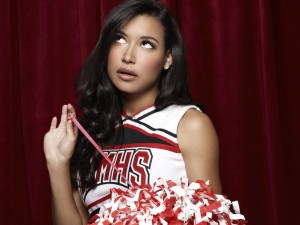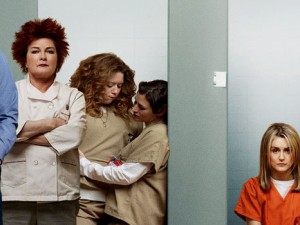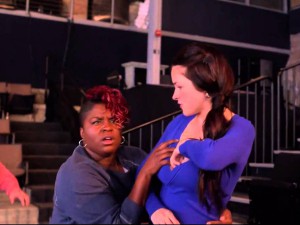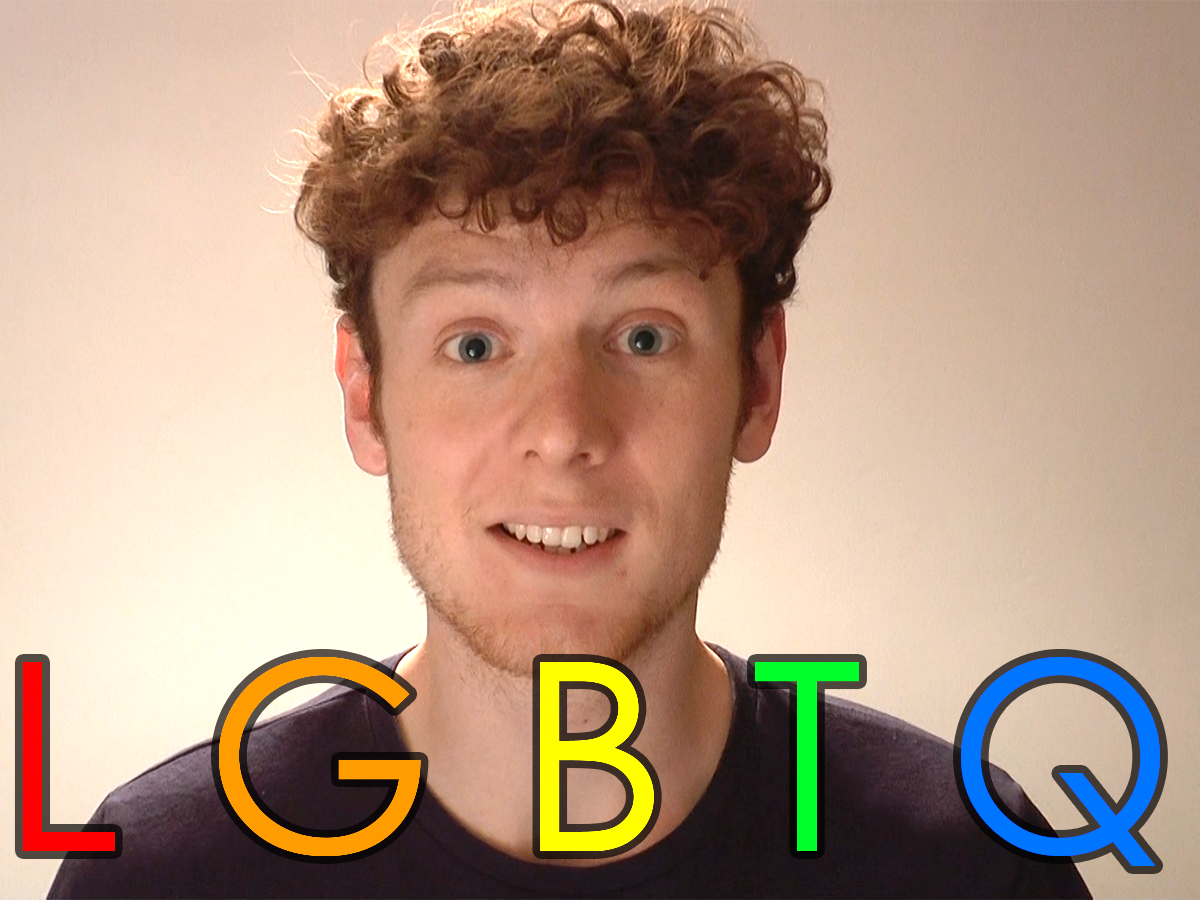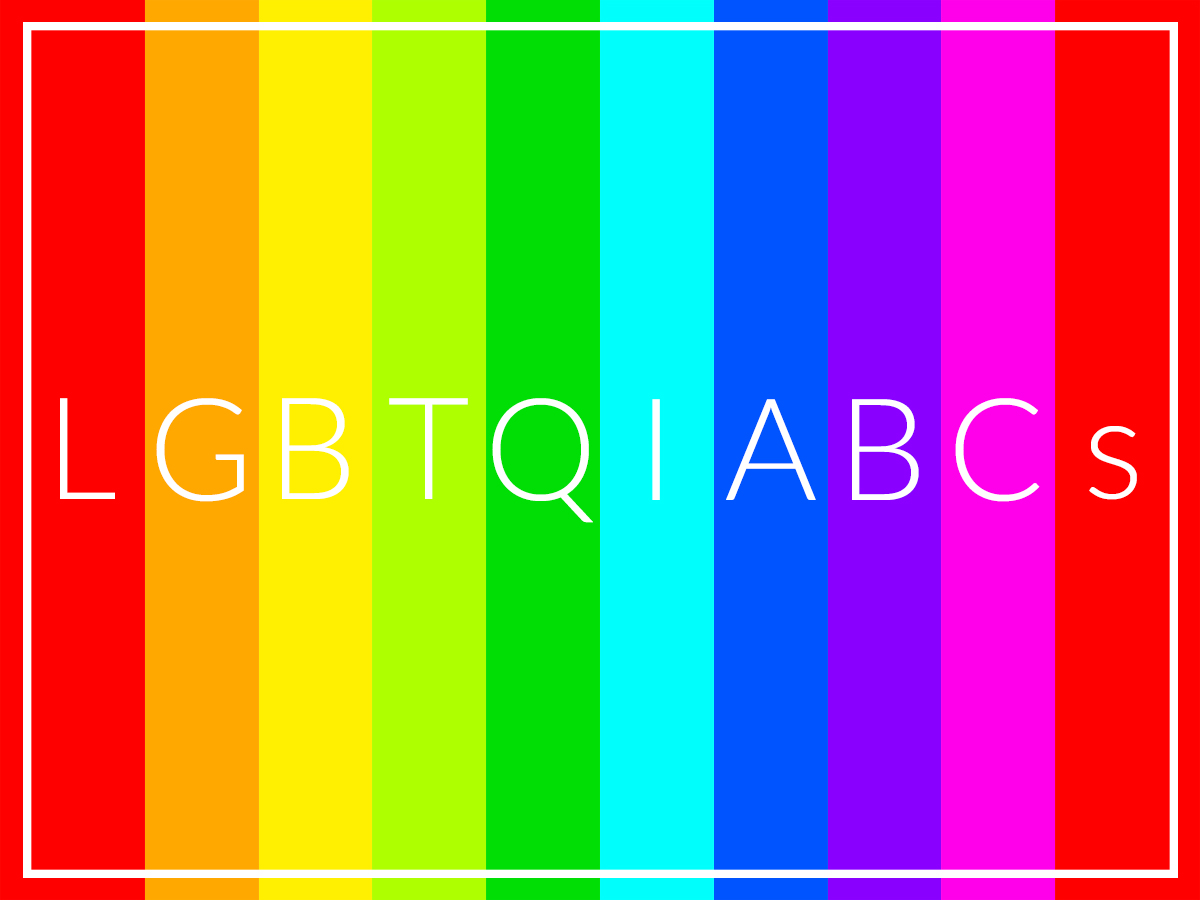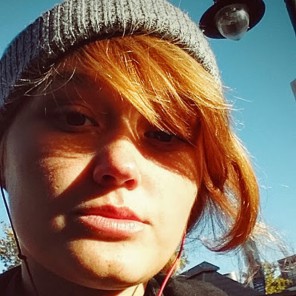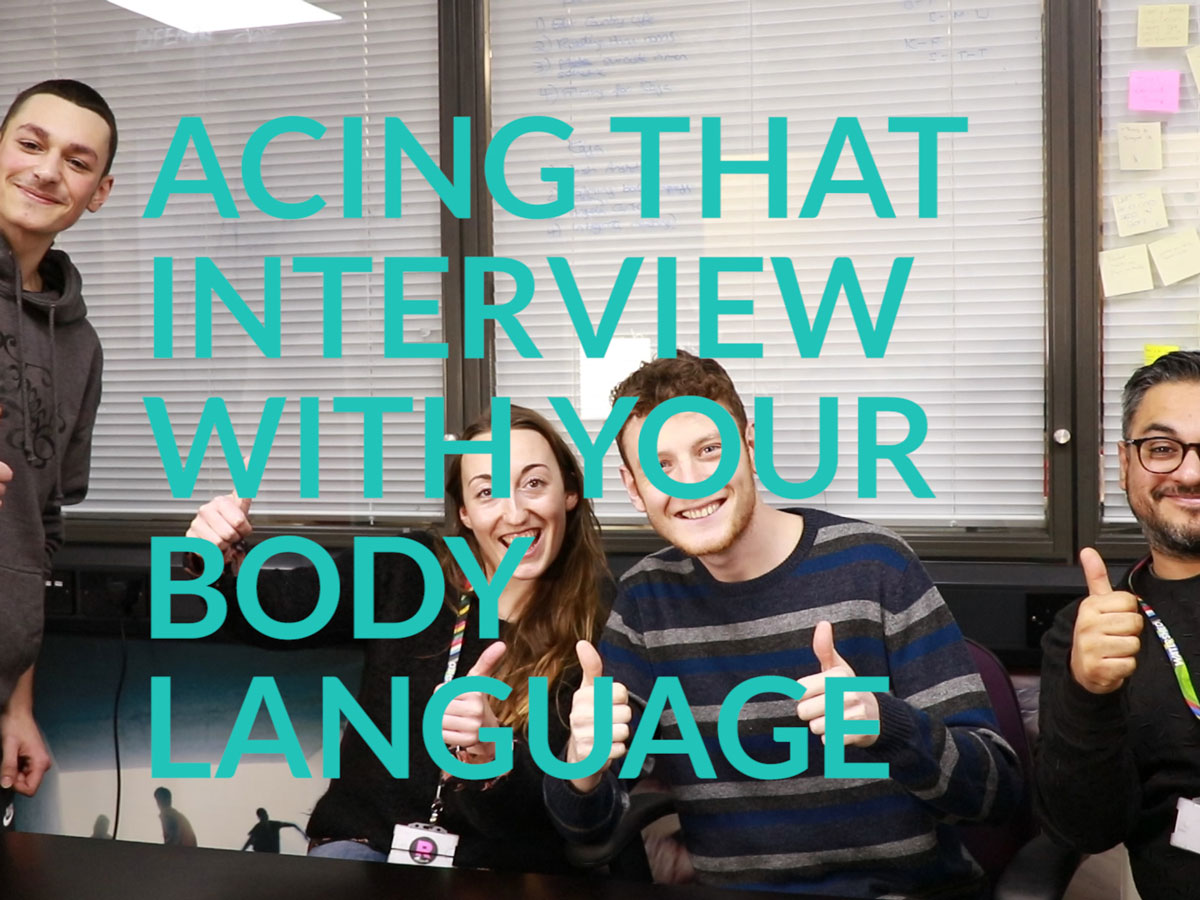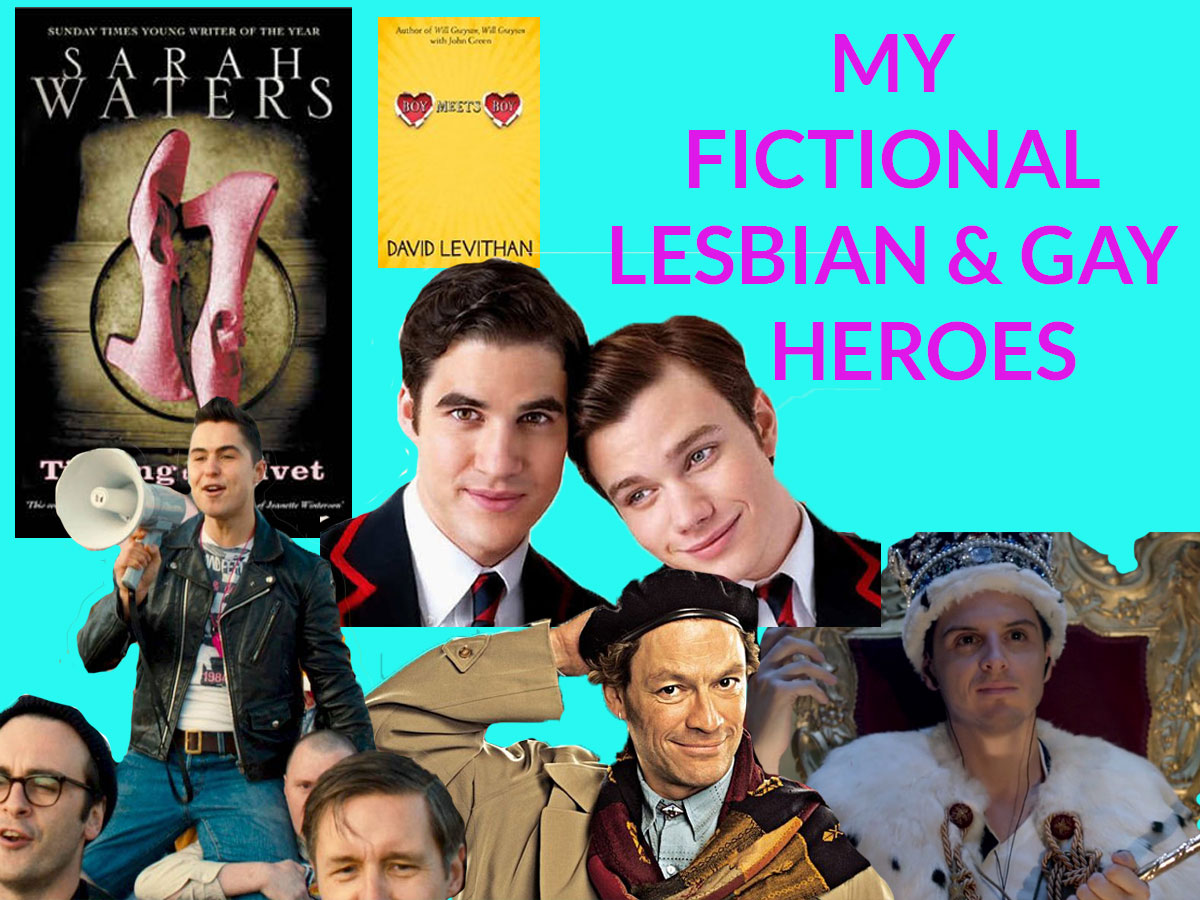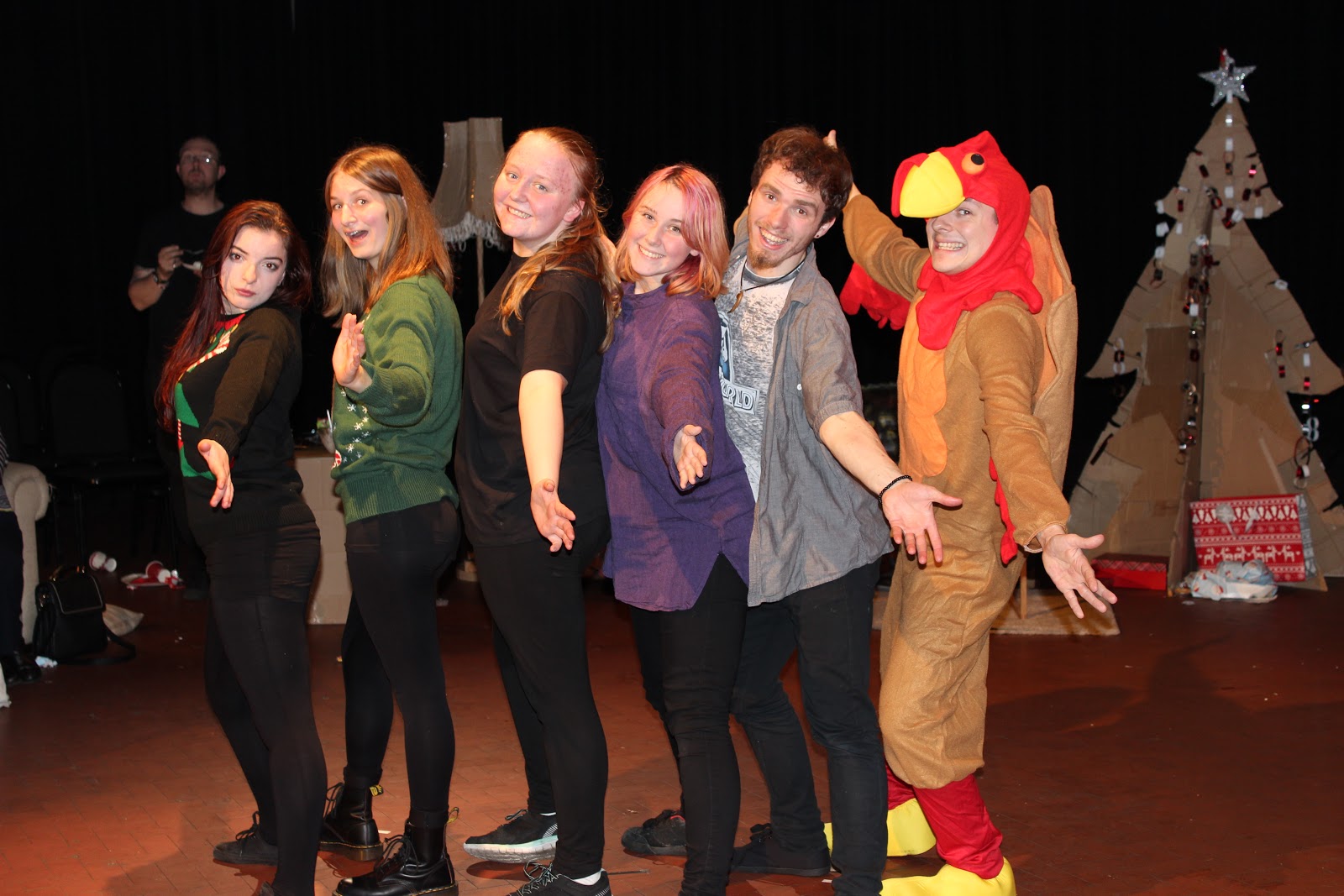Does The Media Hate Lesbians?
Kaja explores whether or not the media hates lesbians, and what we can do about it.
Last Saturday night me and my cat were sitting on the sofa and we really wanted to watch a movie with lesbians in.
Last Saturday night me and my cat were sitting on the sofa and we really wanted to watch a movie with lesbians in. I was searching for a movie, or a TV show, with a cute, relatable lesbian couple, or even a great character in it who just happens to love the ladies. This shouldn’t be so difficult to find. Sigh. Yet it is. Does the media hate us? Or am I being over-dramatic?
Take the word ‘lesbian’. It doesn’t sound as nice and wholesome as the word ‘gay’ does it? What do you think of when you hear the word ‘lesbian’? Probably a predatory, man-hating rough-and-tumble individual who wears 50 plaid shirts and is both funny and intimidating in their appearance. Or maybe you think of some raunchy, sexy individual who spends all her time with the pussy, and I don’t mean her cat. These stereotypes may be relatable to some people, which is fine, but it’s the way in which they’re portrayed– in a way that is dehumanising and makes them seem like a joke or a sexual object – which is wrong. Plus it puts people into a box of what lesbians should look like and that you have to act or look this certain way instead of just being you.
Why are these extreme stereotypes attached to the word lesbian? Why does ‘lesbian’ have negative sexual or humorous connotations, I hear you ask. The media. Just look at how the media represents us. Really look. I’m not just talking about those trashy I’m-watching-this-whilst-my-brain-takes-a-nap TV shows/movies either. Have a look at the popular, supposedly LGBT+ friendly shows and even they’ll shock you in reinforcing negative lesbian representation.
Have a look at the popular, supposedly LGBT+ friendly shows and even they’ll shock you in reinforcing negative lesbian representation.
Let me take you back to when I was fifteen. This was around the time of self-discovery for me, and I really wanted to watch a coming-of-age lesbian romance film. I did extensive research and came up with very little. Eventually, though, I spotted this film called ‘Blue Is The Warmest Colour’. From the description it sounded perfect. I watched the movie…. The impression I got of what it meant to be a lesbian was a lot of sex and drama and not much else, really, which wasn’t great, or accurate. I actually quite like that film but looking back it’s really not an appropriate watch for any teenager who’s trying to come to grips with their sexuality, but it’s still pretty much the only mainstream coming-of-age one out there. If there are others out there (and please tell me in the comments), they’re very hard to find.
TV shows aren’t much better. I eventually heard of ‘Glee’ and how that was LGBT+ friendly so I gave that a try, and was thrilled by the wholesome and wonderful storyline of Kurt. (Klaine forever guys.) The only lesbian character on that show is Santana, who is very promiscuous and attracts more drama-filled and sexual storylines. This really doesn’t seem appropriate for a teen show, to be honest, but also why is it the lesbian character has to be sexualised so much? Especially when compared to the gay male character who is so wholesome; it seems unfair, and again reinforces wrong and negative sexual stereo-types.
Then there’s ‘Orange Is The New Black’, a show I respect and have enjoyed in the past. This show is mostly much better at representation, in that the lesbian characters are well-developed. But still, why all the rough sex? In the book, it may surprise you all to know, there’s very little explicit sex. So why have the TV producers decided to include this? Did they think the audience wouldn’t be interested in the plot and so they had to include a load of lesbian sex to keep their interest?
Not all of lesbian representation is sexual though, sometimes we’re the butt of jokes instead. Look at ‘Pitch Perfect’, a very popular movie, in which one of the characters is a lesbian. Her character seems to purely exist as a joke. She gives a girl CPR, who obviously doesn’t need it, because it’s so funny that she’s a lesbian. She chases around other women, because a predatory lesbian is hilarious. Since most the lesbians I know aren’t some sort of women-chasing predator or sex-addict, why does the media decide to portray lady-loving-ladies in such a way?
‘…if you want to make a human being into a monster, deny them, at the cultural level, any reflection of themselves…’
There could be lots of reasons for this. Perhaps it’s because these characters are made for and by straight men whose idea of lesbians are either to be sexually pleasing or someone who has almost betrayed mankind by not lusting after them and so become intimidating or ridiculous. Perhaps it’s because there aren’t enough lesbians writing for film and TV, or if they are then they’re scared to speak out against the lesbian type-casting because then the whole lesbian angle might be cut. I mean, we’re getting at least some sort of lesbian representation, we should just be grateful for that, right?
Nope. (Queue the inspirational music). Enough of this accepting the scraps, we need lesbians with a spectrum of personalities. (And we won’t just let them be killed off if they’re not deemed sexy/ funny enough, which is another problem).
So what can we do to change things? We can talk about it on social media and get more people to listen and show that we care. If you are a screenplay writer, director or work in the media industry then you can produce a wider range of lesbian characters. We must remember that we, as the audience, are the most important voice when it comes what’s on our screens. Our voices, as viewers, are important as we fund the industry through our viewing. So representation has to be inclusive and not tokenistic and not stereotypical. The writer Junot Diaz wrote, once, ‘There’s this idea that monsters don’t have reflections in a mirror. And what I’ve always thought isn’t that monsters don’t have reflections in a mirror. It’s that if you want to make a human being into a monster, deny them, at the cultural level, any reflection of themselves’. We’re not monsters. We deserve cultural representations of ourselves. It’s proof we exist.
What do you think about the representation of lesbians in the media? Tell us in the comments below.
Want a safe space in which to discuss LGBT+ issues? Why not try Freedom Youth

